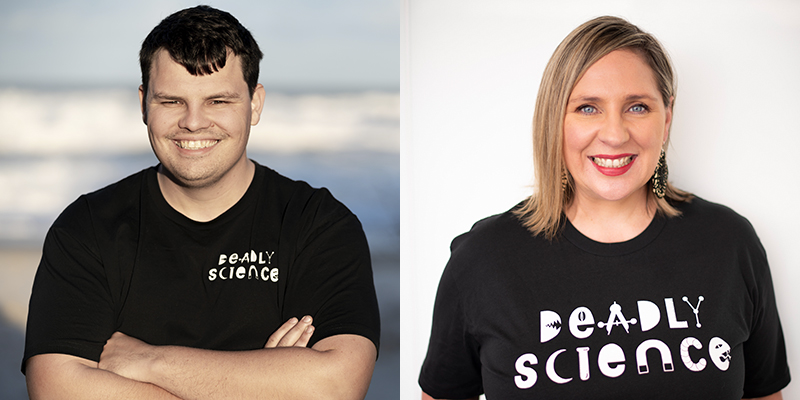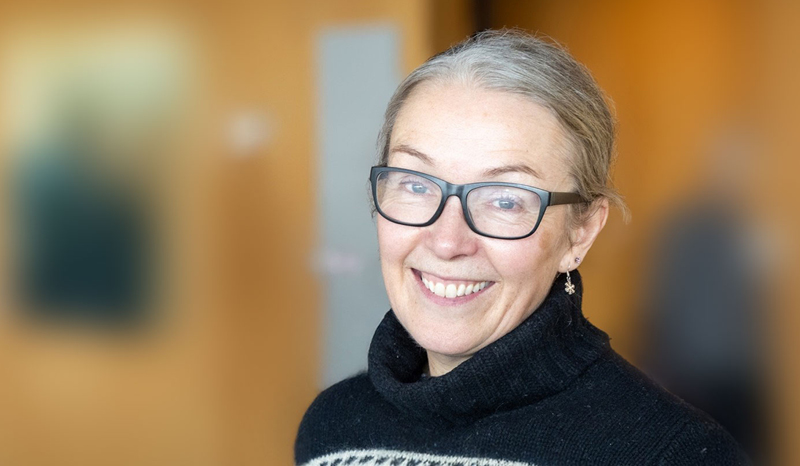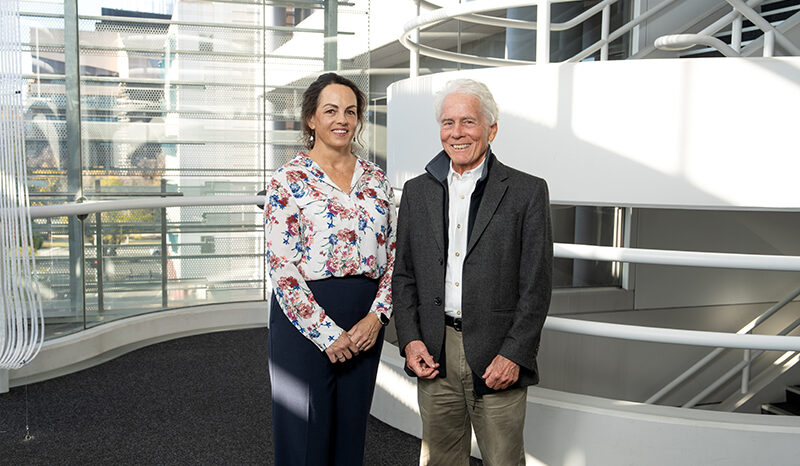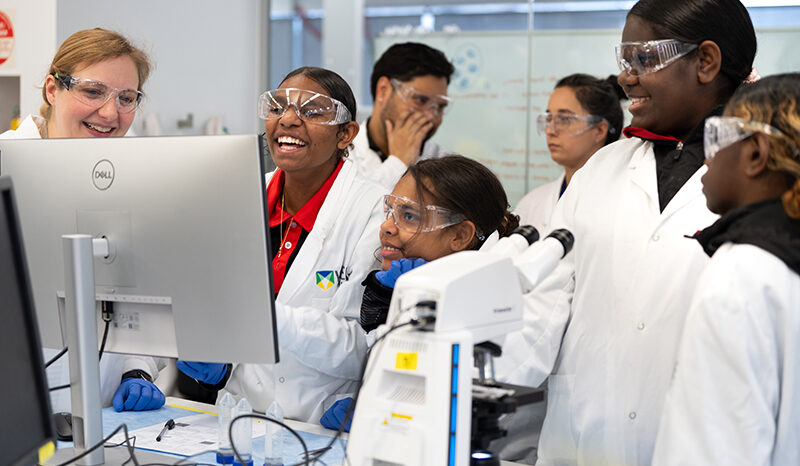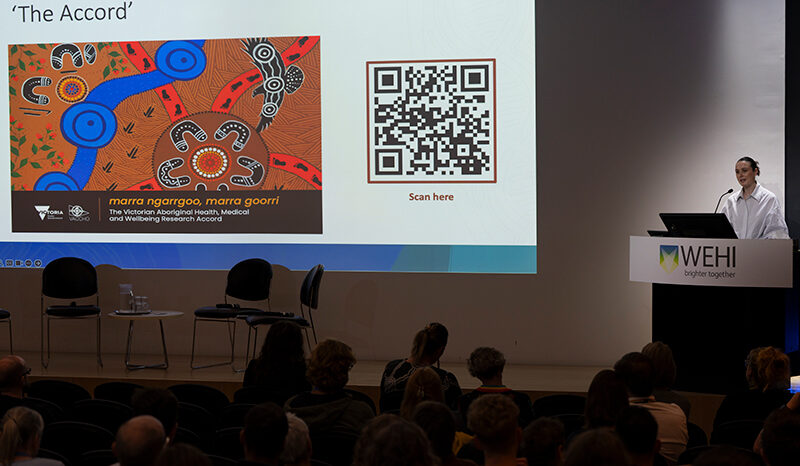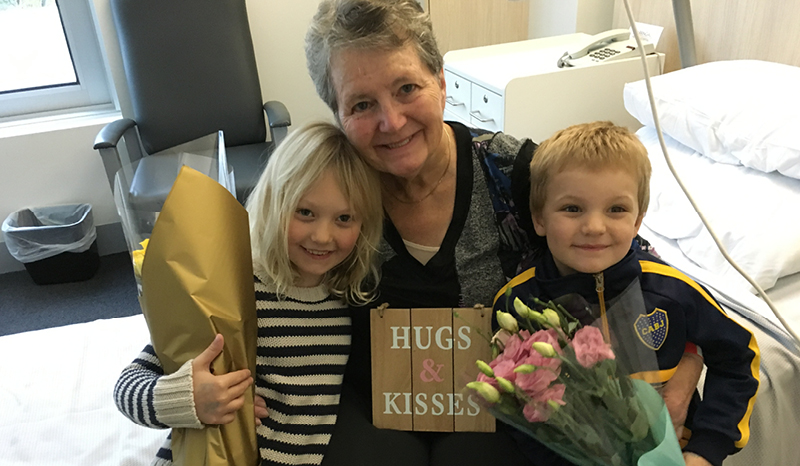Corey:
I first met Misty at the CSIRO Indigenous STEM Awards in 2019 and our paths have crossed many times since. We have been on panels together in various meetings and conferences about Indigenous science and Indigenous knowledges, and we have become friends and now – I am delighted to say – collaborators!
Having been a blackfella working in medical research, I know all too well that role models are rare if not non-existent. I have always found Misty to be really inspiring, someone I admire and look up to greatly; she has been a real trailblazer in this space. It is so important that we empower and support people like Misty who can inspire other young Indigenous people and give our kids role models beyond sporting heroes.
I am passionate about the need to provide opportunities and pathways in STEM for young Aboriginal and Torres Strait Islander people, and I have been very excited about the possibility of partnering with WEHI since the idea was first floated.


